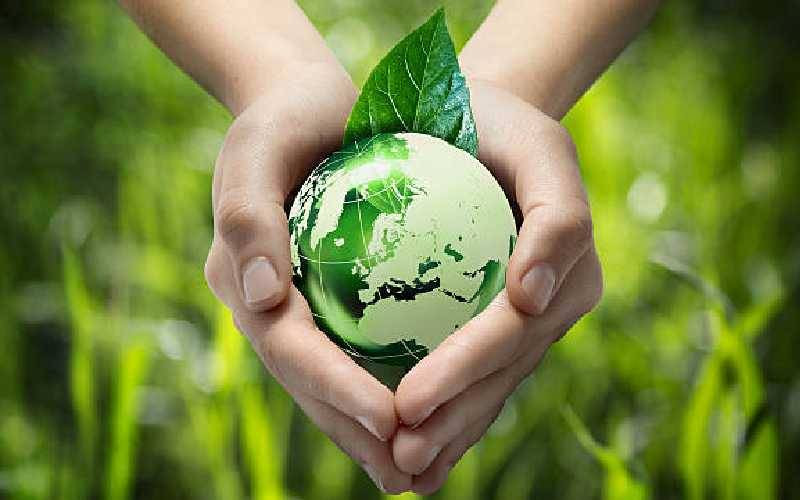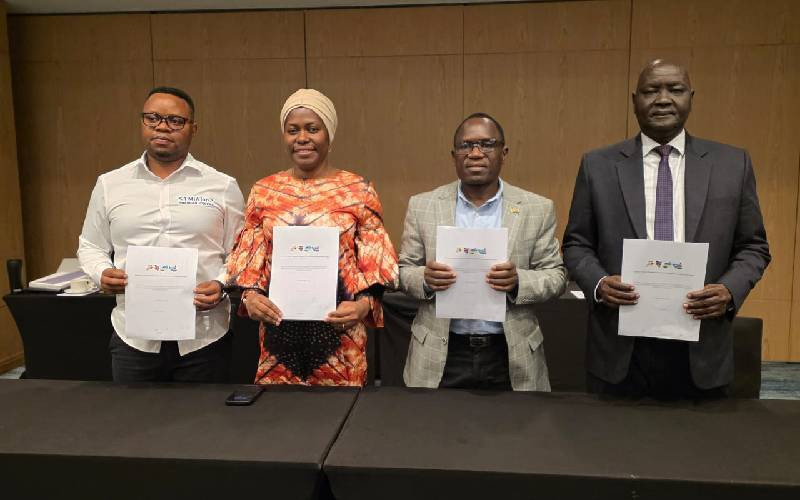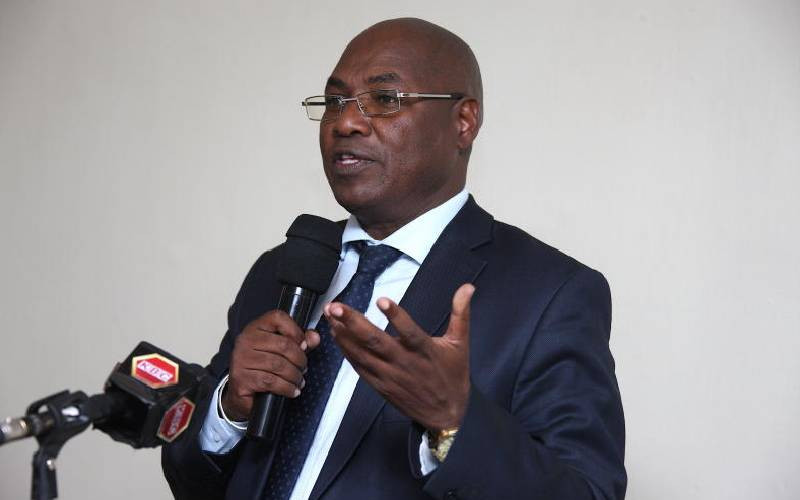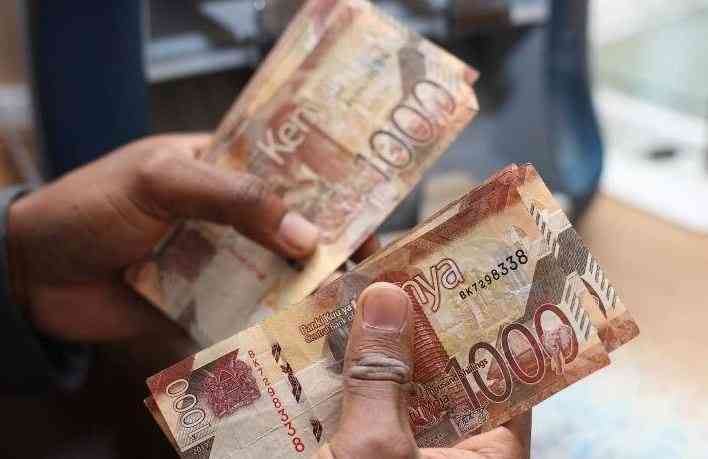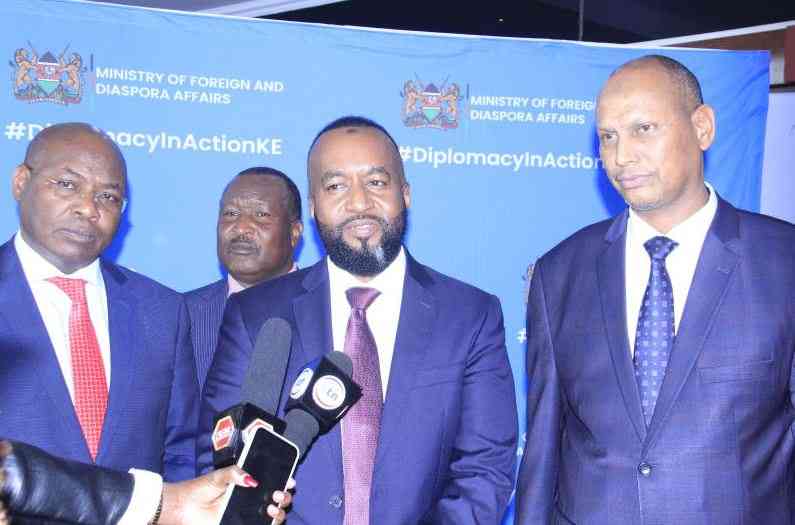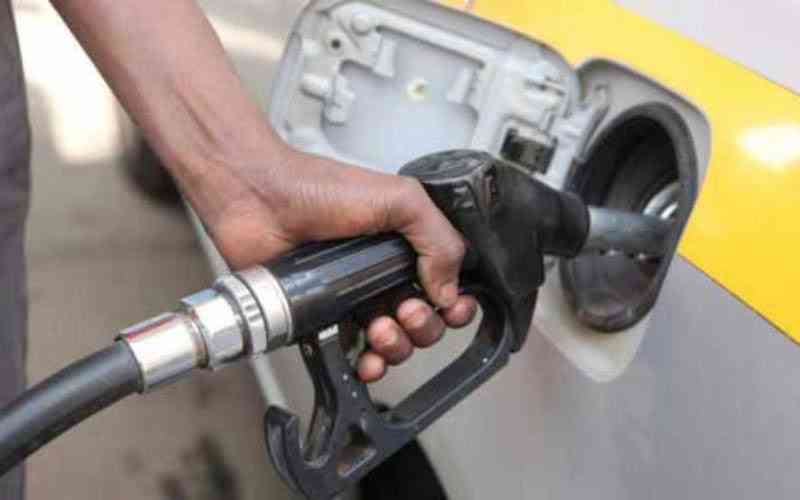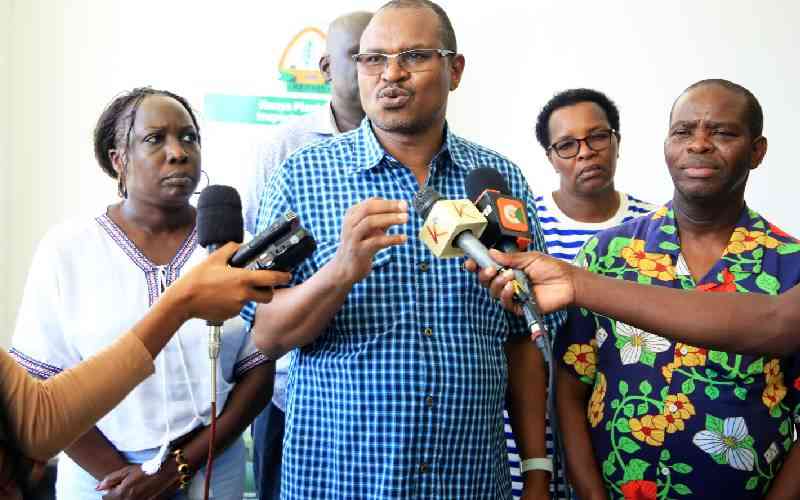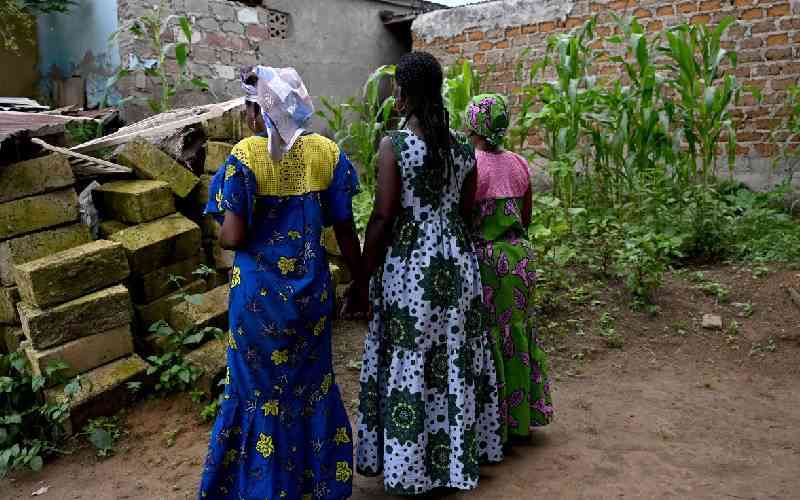
Three victims of sexual violence in Man on August 15, 2025. The 2011 post-election crisis killed around 3,000 people.[AFP]
Juliette Bie was at her sick mother's bedside when two men barged through the door of her home in western Ivory Coast and raped her during tumultuous political unrest in 2011.
Calm has returned to the west African country in the years since that post-election crisis, which killed around 3,000 people.
But hundreds of survivors of sexual violence, many fearful of the stigma that victimhood carries, have had to band together in an effort to rebuild their shattered selves.
Like other women interviewed by AFP, Bie -- whose mother witnessed the crime and died shortly after -- never pressed charges against her rapists.
"We hid ourselves because we were ashamed," she said.
Today, however, she helps uplift her fellow survivors through a support group she created in the town of Man.
"It's a way of healing. Psychologically, we're freeing ourselves," said Bie.
Around 100 kilometres (60 miles) away in Duekoue, 35-year-old Mariam Bakayoko has founded a "space where as women, we can express ourselves and share our experiences".
For more than 10 years, the group's members have met every week to talk over a cup of tea.
"There is a trust which has been created" and "a bond" too, she said.
Western Ivory Coast saw nearly a decade of unrest from 2002 to 2011 as rebels loyal to current President Alassane Ouattara led an uprising against his predecessor, Laurent Gbagbo.
Figures for the number of women who, like Bie and Bakayoko, were sexually assaulted in the conflict are likely to be underestimates.
The Platform of Organisations for the Reparation of Victims of Ivorian Crises (POREV-CI) says it has helped more than 950 women who survived sexual violence across that period.
For Serge Loua, a local official in Man, "there are doubtless more" -- not least those unable or unwilling to speak out.
Stay informed. Subscribe to our newsletter
Two months ahead of a presidential election in October, in which Ouattara hopes to win a fourth term, the state organised a forum in the city of Guiglo to salute the "peace" that has returned to the country's west.
Many survivors believe those celebrations to be premature.
Anne-Marie -- whose name AFP has changed to protect her identity, like those of the other women interviewed for this article -- was stopped by gunmen as she fled the rebels' advance on Man in 2002.
Returning to her mother's village in Gouele around 50 kilometres away, she did not have her papers on her.
"They sent me to their sentry post. When I got there, they threw me on the floor," the 42-year-old said. At least four men then took turns to rape her.
Nine years later, in Man this time, men "came into the house, but there was nothing to steal, so they forced me to have sex with them again".
Many of her fellow survivors bear the scars of their abuse to this day.
Monique, now aged 50, was three months pregnant when she was raped in Duekoue in 2002. She lost the baby and has not been able to conceive another since.
Agnes, 52, contracted HIV after her rape in Man the same year.
"We cannot talk about peace, because we haven't had the reparations we are owed," she said.
All the women AFP spoke to said they had received no financial or psychological support from the Ivorian state, although they had reported their situation to the support structures after the crisis.
Belmonde Dogo, the minister for national cohesion, solidarity and the fight against poverty, told AFP that all rape victims who signed up for aid "received assistance from the government".
For Justine Kpan, a mental health counsellor for the POREV-CI association, the women most of all "need revenue-generating activities to help them rebuild their lives".
Some lost their husbands in the unrest or found themselves scorned and judged and struggle to make ends meet as a result.
"They feel forgotten," Kpan said.
